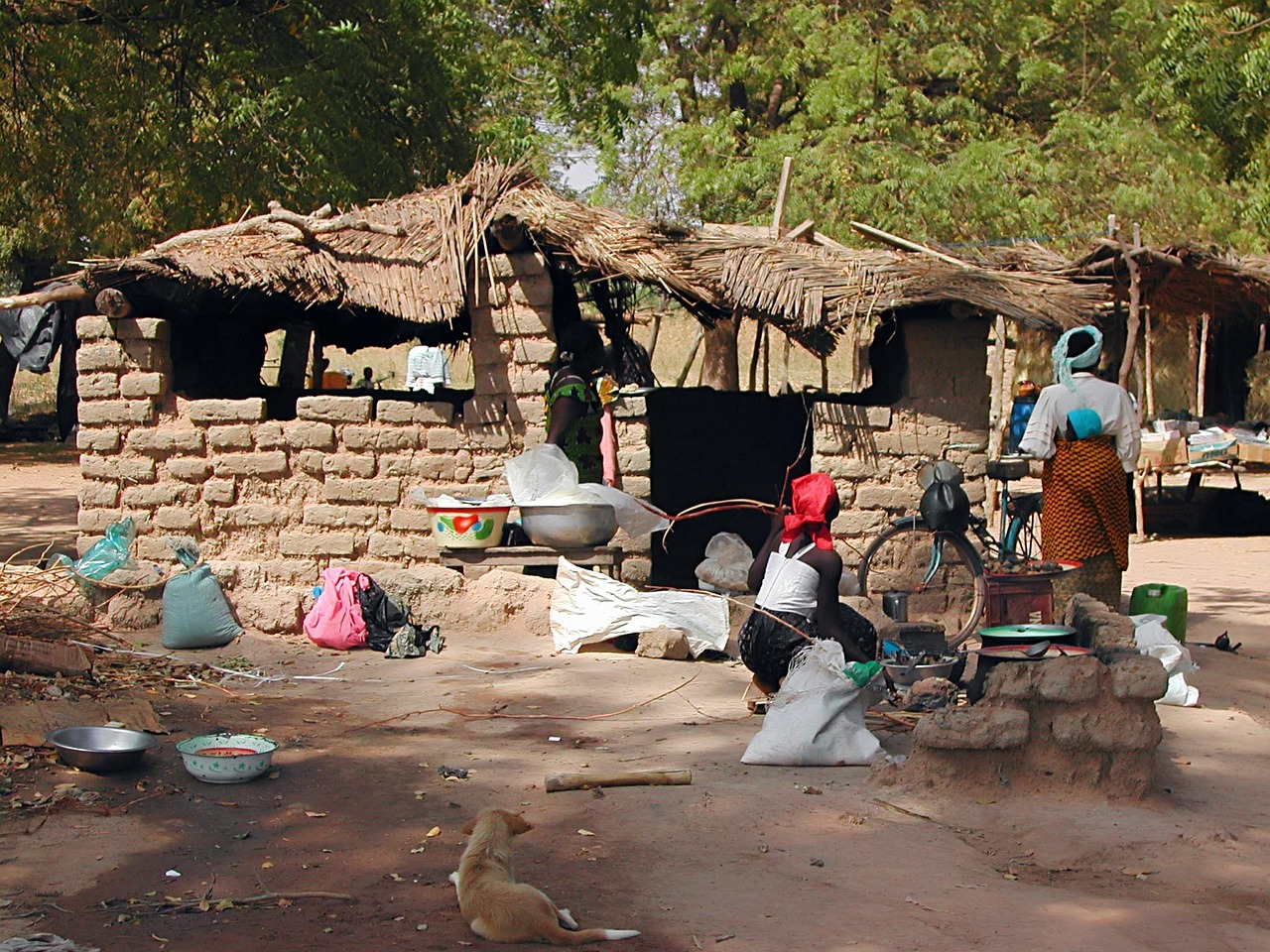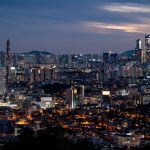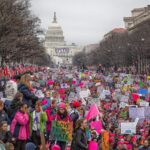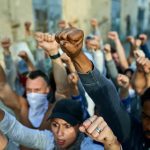Mass killing in Burkina Faso

“He tried to catch a glimpse of his wife, but the crowd was quickly obscured by a cloud of dust as men in uniform opened fire. Another soldier ordered him to lower his head, so he laid down on his sons, aged 9 and 10. Minutes later the soldiers sprayed the men with bullets. He somehow emerged from the pile of bodies with no physical injuries, but his 2 sons were shot in their legs. He rushed to look for his wife, but most of the women in it were dead, he said. A few babies wrapped around their backs were crying. He carried his two injured sons and eventually fled to a neighbouring country. He found his wife there too.” This story of a farmer from Burkina Faso can be found in the New York times, written down by Elian Peltier and Christiaan Triebert. As horrible as this story already is, it has a happy ending, which is sadly not the case for many other reports coming from surviving civilians after the mass killings of civilians in the 2 villages “Nondin” and “Soro” of Thiou district in the northern Yatenga province.
The killings took place on the 25th of February and resulted in more than 223 victims, including dozens of women and 56 children who were buried in mass graves in the aftermath. According to a report coming from the Burkina Faso national television, jihadists had stormed an outpost of civilian militia fighters a few miles away from the 2 villages just before the soldiers emerged. The military accused the villagers of aiding Islamist fighters. A woman who was interviewed by the Human Rights Watch depicted a soldier’s words being “Why didn’t you alert us of the arrival of the jihadists? You are terrorists!”.
Tirana Hassan, the executive director of human rights watch states that the massacres are just the latest mass killings of civilians in Burkina Faso. Forces have been fighting against 2 armed groups since they entered the country in 2016. The Al-Qaeda-linked group on one hand and the Islamic state in the greater Sahara on the other. Since 2022, Burkina Faso experienced 2 military coups, the latter resulting in Ibrahim Traoré gaining control of the country and deploying more than 50.000 civilian militia fighters against Islamist militants. Even though Burkina Faso is bound by international humanitarian law and is a party to the African Charter on Human and Peoples Rights and the International Covenant on Civil and Political Rights, the county topped the Global Terrorism Index last year, becoming the nation with the most terrorism in the world.
The Defense Minister Mahamoudou Sana described the attacks by Islamist fighters a day later to the media without even mentioning the mass killings of civilians. Whatsmore, Burkina Faso suspended the BBC, Voice of America and other international news outlets for reporting on the findings. And so far, the government has mostly ignored calls by the United Nations or the European Union to properly investigate and has been expelling foreign reporters and activists.
Tiron Hassan points out the fact that “international assistance is critical to support a credible investigation into possible crimes against humanity” and the Human Rights Watch calls for international organisations, especially the United Nations and the African Union to provide investigation and support local efforts. Civilians are meant to be protected rather than targeted by their own military, and we can only hope that one day it will be like this in the country.



